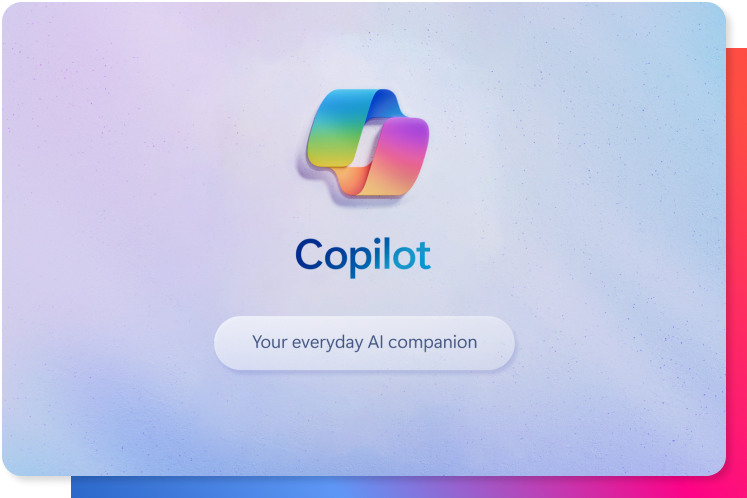The emergence of AI agents is reshaping the business landscape in ways that were once unimaginable. Earlier this year, financial services company Klarna revealed that its AI agent, powered by OpenAI, had taken over two-thirds of customer interactions—performing the work of 700 full-time employees in just one month.
These autonomous systems are no longer confined to theoretical discussions; they are actively transforming how companies make decisions, automate processes, and engage with customers.
As Bill Gates observed, AI agents represent a seismic shift in technology, one that will revolutionize the software industry and redefine how we interact with digital tools. For business leaders, understanding this shift is essential. AI agents are not just an opportunity for innovation—they are rapidly becoming a strategic necessity for staying competitive in an increasingly automated world.
What are AI Agents?
AI agents are autonomous systems designed to monitor their environment, process data, and act to achieve specific goals. Unlike traditional software, which follows static instructions, AI agents exhibit varying degrees of intelligence and autonomy. They gather information via sensors, analyze it using advanced algorithms, and execute actions through actuators or digital interfaces.
These agents operate across a spectrum of complexity: some are rule-based, following preset instructions, while others are highly sophisticated, capable of learning from their environment and adapting their behavior. Applications range from virtual assistants and customer service bots to autonomous vehicles and robotics. AI agents can be reactive, responding to immediate stimuli, or deliberative, planning their actions based on context.
Revolutionizing the enterprise landscape
Building on the capabilities of AI agents, their potential to transform business operations is immense. These systems are not just reactive tools but dynamic entities that can autonomously manage complex processes in real time. By integrating machine learning and natural language processing, AI agents transcend traditional automation, addressing tasks that were once considered too unpredictable or intricate for software to handle.
In the enterprise landscape, AI agents are streamlining workflows across a range of functions—from supply chain management to customer service. This adaptability allows organizations to enhance productivity, reduce operational costs, and respond more flexibly to changing conditions. Leading platforms like UiPath, IBM Watson, and Salesforce Einstein are already demonstrating the power of AI agents in automating repetitive tasks, delivering insights, and optimizing decision-making processes.
The competition in this field is intensifying. Microsoft’s Copilot, embedded in Word, Excel, and Outlook, and Google’s Bard, integrated with its productivity tools, are prime examples of how AI agents are transforming work environments. These AI systems, however, will go beyond assisting with discrete tasks. Soon, they will act as proactive partners—drafting business plans, generating visual concepts, and participating in meetings to provide real-time insights.
As businesses increasingly adopt AI agents, the enterprise landscape will be fundamentally reshaped. Companies that embrace this shift will unlock new opportunities for efficiency and innovation, positioning themselves at the forefront of an AI-driven future.
Overcoming barriers to adoption
While the potential for AI agents to revolutionize enterprises is clear, their successful adoption hinges on overcoming several critical challenges. As these systems become integral to business operations, enterprises must focus on seamless integration and ease of use. Employees expect intuitive interactions, and user-friendly experiences—leveraging natural language processing and personalized recommendations—are essential to drive engagement and adoption.
Reliability and trustworthiness are equally crucial. AI agents must consistently deliver accurate results, especially as they automate core business processes. To ensure this, rigorous testing, continuous monitoring, and robust security frameworks are necessary to instill confidence across the organization.
However, despite early adopters leading the way, widespread deployment remains a challenge. A recent IBM study revealed that 42% of enterprise-scale organizations already utilize AI, yet barriers continue to hinder others. Limited AI skills, data complexity, and ethical concerns are among the top issues preventing businesses from fully embracing AI. Enterprises need to address these hurdles by investing in talent, developing clear data strategies, and ensuring ethical guidelines are in place.
As seen in the graph below, overcoming these barriers is critical for enterprises to move beyond the exploration phase and fully harness the transformative potential of AI agents.
Staying ahead in the age of AI Agents
The transformative potential of AI agents is clear—they are not only enhancing creativity and efficiency but also delivering measurable financial gains. Last September, Superside announced $1.4 million savings in design costs by delivering over 500 AI-enhanced projects, showcasing the tangible benefits these systems bring to businesses.
To stay competitive, businesses must prioritize three key areas. First, invest in talent. As the IBM study reveals, many enterprises still struggle with limited AI expertise. Upskilling employees and fostering a culture of continuous learning are essential for fully leveraging AI capabilities across the organization.
Second, embrace partnerships and early adoption. Engaging with AI experts, developers, and industry leaders is crucial for navigating the complexities of AI deployment. Pilot projects and proof-of-concepts will enable companies to experiment with AI agents, refine their strategies, and gain a competitive edge in the marketplace.Finally, focus on cost savings and operational efficiency. AI agents offer not only innovation but also significant opportunities to reduce operational costs while boosting productivity. By adopting AI agents strategically, companies can drive efficiency, reduce expenses, and unlock new avenues for growth.







 Español
Español